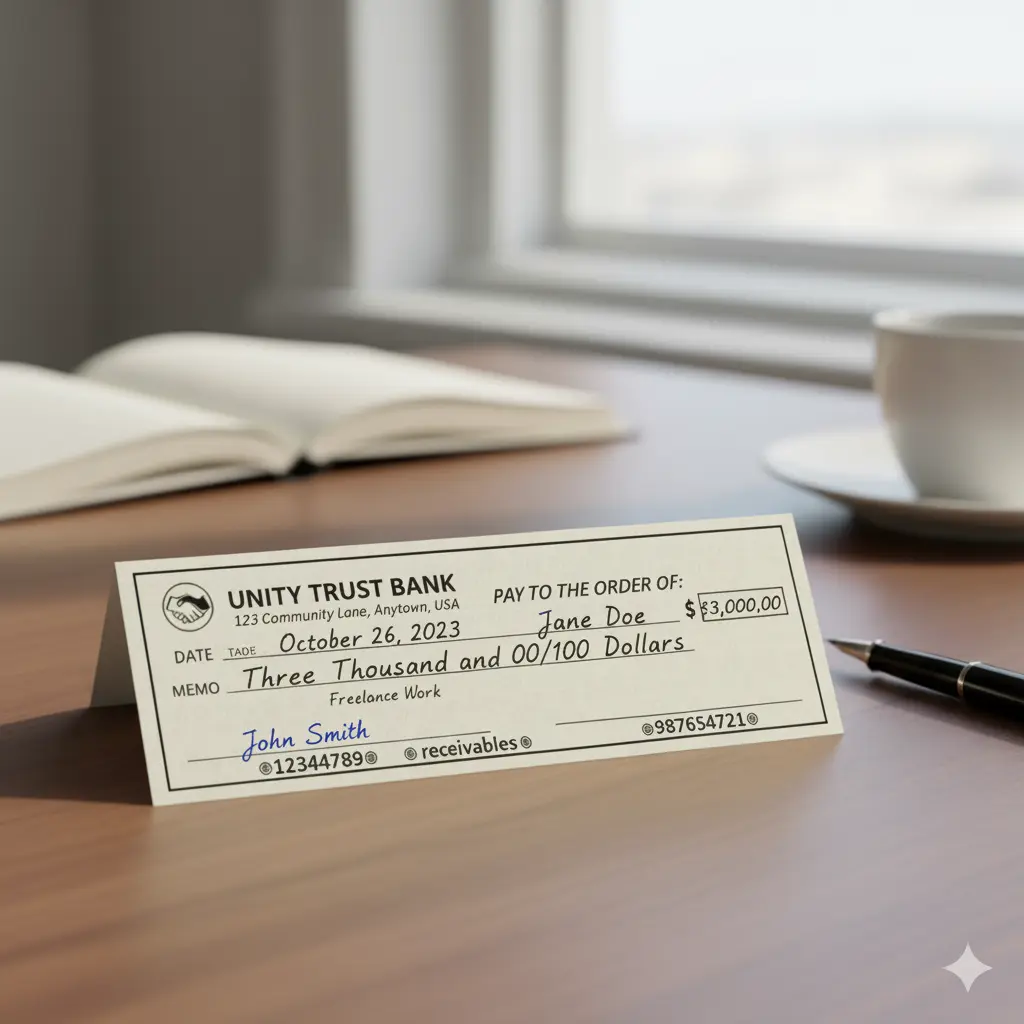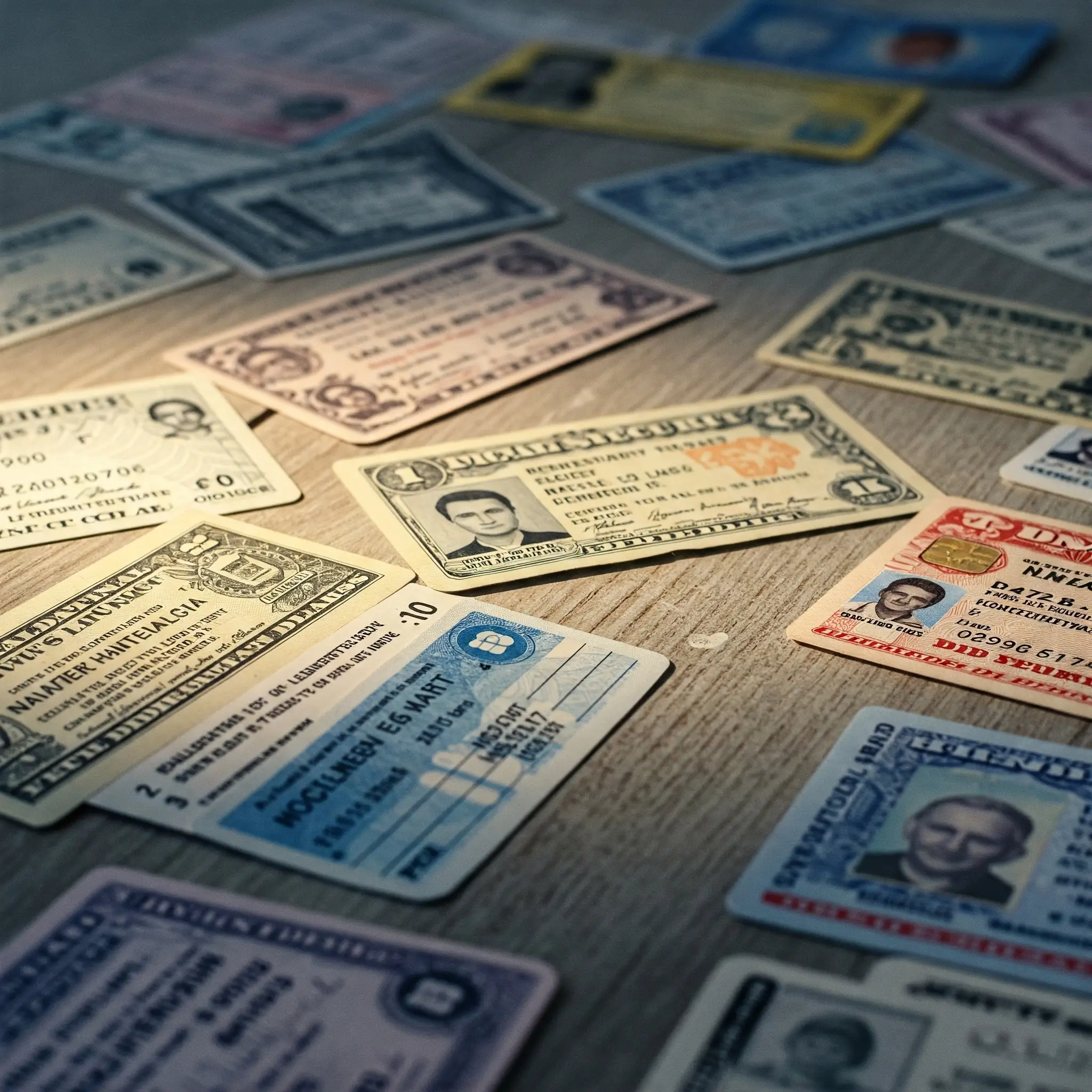How You Can Protect Your Privacy On OnlyFans
Will Simonds
Reading time: 13 minutes

Table of Contents
A subscription-based media platform, OnlyFans is largely known for adult content. It provides a way for content creators to earn revenue by sharing original (usually explicit) images and videos with “fans.” This is typically a range of NSFW content like nude pictures or sex videos.
Since it’s considerably X-rated in nature, as well as transactional, it’s a valid question to ask how safe OnlyFans is to use for both content creators and paying subscribers.
In this guide, we’ll explore how safe the rapidly growing platform is for all users, what safeguards it has in place to protect them, and how great the risk might be for cybercriminals to use the platform to hack your profile and content. We’ll answer the following questions:
- How safe is OnlyFans for both creators and subscribers?
- What are the risks that all users face?
- How can you stay safe and protect your privacy on OnlyFans?
- OnlyFans safety FAQs
How safe is OnlyFans for users?
According to the OnlyFans, the security of both creators and subscribers is its highest priority, and attempts to satisfy that promise by offering a number of safety measures.
OnlyFans does have strict policies in place concerning the type of content that can be shared, and how its users engage with one another. In fact, an account can be suspended if any of the terms outlined in the policy are violated.
In our estimation, while OnlyFans is indeed safe to use, we also suggest creators and users alike take certain precautions to further protect themselves.
Safety and security for creators
OnlyFans offers a number of measures to keep creators safe using the platform.
First, creators can secure their account information by enabling two-factor authentication and monitor log-in sessions to see when and if their account has been accessed.
- To see when an account was last accessed, go to Settings > Account > Login Sessions.
Next, to protect the integrity of posted content, the platform allows users to watermark posts.
- To enable this, simply go to Settings > Privacy and Safety, or contact the team at OnlyFans if content is ever shared without consent.
Finally, OnlyFans content creators can protect profiles by restricting access to certain users and managing what visitors see on their profile pages, such as a friend list or activity status.
Safety and security for subscribers
With monetization of sexually explicit content very common on OnlyFans, subscribers to the platform should be rightly concerned about online safety and privacy.
When signing up with OnlyFans, protective measures are in place to secure online accounts. The platform also uses a 3D secure checkout to protect the payment process.
However, subscribers must consent to the collection of personal information such as name, address, and government ID. The privacy policy states that OnlyFans can share this information with affiliate partners, and even law enforcement, if ordered to do so.
Something to keep in mind for subscribers: when making a payment, the transaction appears on financial statements as “OnlyFans.” That means, transactions aren’t necessarily private.
What risks do OnlyFans users face?
Although OnlyFans tries to keep user accounts as secure as possible, there’s always a slight risk of scenarios like data breaches that can expose personal information.
The last thing many OnlyFans users want is for personal information or images to become available on the Internet. Therefore, it’s important all users take certain precautions to protect their accounts, as well as their personal information in general.
Account hacking
There’s always a chance that an online account can get hacked—this applies to OnlyFans creators and subscribers. An account is at greater risk if, say, a common password is used or if someone other than the user has access to emails.
Oversights like this can unfortunately lead to identity theft, as well as fraud.
If an OnlyFans account has been hacked, the associated email can be changed and the hacker can pose as the account holder. As a result, sensitive content could be accessed and finances associated with the account can be managed.
While this is a significant danger to content creators, it’s also alarming for subscribers, because it means hackers can access and spend money associated with their account.
Data breaches
While there haven’t been any official reports of major data breaches affecting the OnlyFans platform to date, in 2021, Vice reported there were risks to OnlyFans systems.
This came amid claims that former employees could access personal information of OnlyFans content creators, including images and even passport details.
Stolen content
Taking a screenshot of content on OnlyFans is against the rules of the platform. However, that may not necessarily stop users from taking images of their laptop screen with other devices.
Stolen content is a huge risk on OnlyFans, and, thankfully, the platform takes it very seriously.
While OnlyFans can help creators take measures against copyright infringement, once content is publicly shared on the Internet, it can be difficult to completely erase all traces of it.
Most U.S. states also have laws aimed at targeting incidences like revenge porn, prohibiting people from sharing explicit content without someone’s permission. What that means is, under these circumstances, content creators could potentially sue users who steal content.
Harassment
Although harassment, as well as other serious issues like stalking, also go against OnlyFans’ policies, these violations can be difficult to police.
But, not only does OnlyFans employ a moderation service that should detect when offensive phrases are used against an account, creators can also report and block accounts that might be harassing them. Repeat offenders are removed from the platform entirely.
Few legal protections
There is nothing illegal about an OnlyFans account, if you’re over 18 and follow their terms and guidelines. However, because this type of social media platform is relatively new, there aren’t enough clear-cut legal protections in place.
In fact, there’s a patchwork of state laws that deal with explicit content, and protections in the face of incidences like revenge porn are always evolving.
What’s also important to keep in mind is, because of explicit content, maintaining an OnlyFans account tends to come with a stigma attached.
How do users stay safe on OnlyFans?
While there are measures in place to keep OnlyFans users protected, it’s important that users take other precautions themselves. Online safety on any platform is important, but as we mentioned, OnlyFans is new and unique in its purpose.
In a recent news report, OnlyFans creators recounted being targeted by a stalker. A harrowing case even detailed a stalker living in an OnlyFan creator’s attic—frightening to say the least.
Although this is a rare occurrence, stakes are certainly high. Review and keep in mind the key tips below to practice good online safety.
Set up two-factor authentication (2FA)
Like any other online account, an extra level of verification required to access an account can reduce the chances of it being compromised.
Enabling two-factor authentication on OnlyFans is quick and easy. There are two options that users can choose from:
- SMS. This option means OnlyFans sends a code to a phone by text to use at login and gain access to the account.
- Time-based one-time password (TOTP). Users download a third-party TOTP app, like DUO or Google Authenticator, generating a new access code every thirty seconds.
To find out more details about how to set up 2FA on your account, head to OnlyFans FAQs.
Use a separate email and bank account
Creators should consider setting up a separate email and bank account to manage OnlyFans activity that can serve as another layer of security
Again, the fact is, data breaches can happen. If hackers gain access to an email account, it puts not just OnlyFans content at risk, but personal finances as well.
Private email accounts on encrypted platforms can mitigate such risks. ProtonMail, for example, is a free service that doesn’t require any personal information when signing up so you can protect the account from any further risk of attacks.
Regarding finances, a separate bank account for OnlyFans content might be a handy way to manage accounting and oversee potential taxes, in addition to being a good safeguard. Review financial accounts regularly to make sure that they are safe.
Never open any links
When creators and subscribers communicate, it’s still business between strangers.
Never trust links that are shared by someone on OnlyFans, for example. Phishing links are used by scammers to gain access to information to use fraudulently. When one is clicked, it can affect computer hardware or download viruses to pirate sensitive data.
Scammers can conceal these malicious links as something that looks legitimate, modifying the URL using a platform like Bitly. Read this to learn how to check the source of a modified URL.
Secure OnlyFans images
There are many ways OnlyFans content can put a creator at risk.
Make sure to never share content that can easily give away a location. This includes visible mail or landmarks. Scammers can use that information to hack an account. Stalkers might also use that information to actually pinpoint a location.
For added security, remove metadata from photographs published on OnlyFans. This includes sensitive information, like the exact location where a photo was created. There are numerous apps and platforms that can help remove metadata from images.
Learn other basics about online security with our guide to identity theft protection.
How can users protect their privacy on OnlyFans?
Another part of staying safe on OnlyFans is protecting privacy.
What we mean by that is, take action to reduce the risk of information falling into the wrong hands. There are several ways that this can be done.
Remove data from data-broker sites
Did you know there are hundreds of businesses operating in the U.S. with the sole purpose of harvesting personal information?
Data brokers collect publicly identifiable information (PII) like names, addresses, emails, and phone numbers to condense into neatly packaged profiles that are then sold on to companies or third-party markets looking to advertise to consumers.
This is troubling for a lot of reasons, not least of which is that it can subject unsuspecting parties to increased junk mail and robocalls. More so, in these transactions, data can also easily fall into the wrong hands. If scammers get a hold of it, it could be used for fraud.
Removing your information from data-broker sites isn’t easy, and it’s hard to say how many databases your information is listed on. But a data broker removal service like Delete Me can effectively protect online data from being shared without you having to do a thing.
DeleteMe processes data-broker opt-out requests on your behalf and conducts regular monitoring to make sure your information stays secure. This is an important step in securing your online personal information and reducing the risk of fraud.
Don’t share any personal information
This might seem obvious, but sharing personal information on OnlyFans poses a risk to both privacy and safety.
You’ll notice most account users on OnlyFans use aliases to conceal their identity at least a bit.
Get into the habit of protecting personal information all the time. Just revealing minor personal details, like an email address, could be enough for a hacker to use to get to work.
Protect devices
Protecting devices like laptops and cell phones from data breaches is another important step when enhancing online privacy.
Do this by regularly changing passwords and downloading antivirus software to reduce the chances of a breach. There are plenty of third-party antivirus programs that have a high success rate when it comes to looking after device security.
Learn even more with our top 10 privacy tips for making sure information stays protected.
OnlyFans safety FAQs
Is it safe to use your credit card on OnlyFans?
In general, it is safe to use your credit card to pay for content on OnlyFans.
The website uses a 3D secure payment system that is widely used by businesses who accept online payments. You also need to verify the payment.
The platform accepts payments from Visa, MasterCard, Discover, Maestro, debit cards, and some prepaid Visa cards. They do not accept PayPal or gift cards.
Can you get scammed on Onlyfans?
Like many online platforms, yes, there is a risk of getting scammed on OnlyFans.
Fraudsters constantly develop new methods to gain access to your personal information, which can easily be used against you in order to gain access to your finances.
As highlighted in this guide, there are many things to take into account when signing up for OnlyFans as a creator or a subscriber, and protecting your personal information and keeping accounts secure is partially your responsibility.
Following the guidelines we’ve laid out in this guide is a good start to reducing the chance of being scammed on OnlyFans, and elsewhere.
What personal identifiable information does Onlyfans collect?
According to OnlyFans’ privacy policy, they “collect information that identifies, relates to, describes, is reasonably capable of being associated with, or could reasonably be linked, directly or indirectly, with a particular consumer or household (“personal data”).”
In layman’s terms, this could be a user’s real name, IP address, email address, social security number, driver’s license number, or passport number.
Also, they might also collect information about your employment. Furthermore, although OnlyFans doesn’t collect biometric data, some of their affiliates might save that information if you choose to share it.
Final thoughts on OnlyFans safety
OnlyFans continues to gain traction as a content-sharing platform, allowing creators and fans to connect, and for creators to make money. In comparison, OnlyFans is probably as safe as many other websites, networks, or social media platforms you are a part of.
In our experience, the best way to stay safe online is to protect your personal information on multiple fronts. As well as securing your online accounts, it’s important to make sure your data doesn’t spread too far out on the Internet and end up in the wrong hands.
This extensive OnlyFans safety guide has given you building blocks for safe access and browsing on the platform. Now, the rest is up to you to make sure that, with a little bit of extra care, you can be sure to safely enjoy using OnlyFans.
Our privacy advisors:
- Continuously find and remove your sensitive data online
- Stop companies from selling your data – all year long
- Have removed 35M+ records
of personal data from the web
Save 10% on any individual and
family privacy plan
with code: BLOG10
news?
Don’t have the time?
DeleteMe is our premium privacy service that removes you from more than 750 data brokers like Whitepages, Spokeo, BeenVerified, plus many more.
Save 10% on DeleteMe when you use the code BLOG10.
















